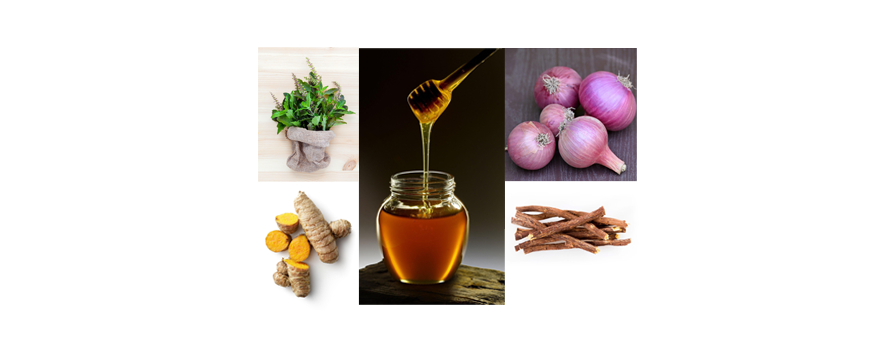Traditional Ayurvedic medicine known as medicated ghee is prepared from cow’s milk and healing herbs. The health advantages of ghee are numerous and include a variety of medical treatments for a variety of physical and mental health conditions. According to Ayurveda, ghee has a special quality called Samskarasya Anuvartanat. This indicates that ghee can absorb the virtues of any herbs that are added to it without losing any of its original attributes.
The Vedas state that ghritham, or Ayurvedic ghee, is the body’s primary and most crucial fuel. In older times, the lovely golden liquid would be made from the flavorful, nourishing milk of grass-fed cows that grazed in a clean, unpolluted area. Ghee is considered the healthiest food according to Ayurveda, which places it at the top of the list of “must-have” items. Here is a complete guide on Ayurvedic ghee and it’s benefits.
Nutritional Facts
Carbs: Ghee is almost entirely made of fat, thus it doesn’t include any carbohydrates.
Fats: Like other cooking oils, ghee contains primarily fat. One tablespoon contains 15 grammes of fat, including 9 grammes of saturated fat. Less than one gramme of polyunsaturated fat and about five grammes of beneficial monounsaturated fat make up the remaining fat.
Ghee is more concentrated than regular butter, hence it contains more calories and fat (including saturated fat).
Like any fat, ghee should be used to enhance other foods rather than serving as the main course.
Proteins: Ghee may still contain protein residues if the milk solids aren’t completely removed throughout the clarifying process.
Vitamins and Minerals: The nutritional content of ghee might differ based on the brand and the milk-producing cows’ diet.
Typically, a teaspoon of ghee provides:
- 8% of the recommended daily intake (RDI) for vitamin A.
- 2% of the RDI for vitamin E.
- 1% of the RDI for vitamin K.
You must consume more fat than is recommended in order to get enough of these nutrients from ghee. It is advisable to include a modest bit of ghee in your meals that contain fat-soluble nutrients so that your body can absorb the nutrients effectively.
Benefits of Using Ayurvedic Ghee
Enhanced brain function
Brahmi is known for enhancing cognition, learning, and intellect over time, and it also boosts memory and focus. The antioxidant and adaptogenic qualities of this particular medicated ghee rejuvenate the mind, promote child brain development, and have advantageous effects on the central nervous system. Ayurveda has long utilised brahmi ghee to treat a variety of illnesses, such as dyspepsia and urinary issues.
Calms the doshas
Panchatikta ghrita, a type of conventional ghee, is created by combining five herbs with ghee in order to treat illnesses, balance Vata, Pitta, and Kapha, and purify the blood. Its mysterious components include anti-inflammatory, antitoxin, antipruritic, and deep tissue penetration actions. This medicated ghee contains a variety of aromatic, medicinal, and dietary herbs, including Nimba Twaka, Patolalata, Kantakari, Guduchi, and Vasa.
Reduce stress and anxiety
Among all native Indian herbs, ashwagandha has traditionally been recognised as the best. It assists in calming the neurological system and lessens tension and stress. Ghee and ashwagandha are strong superfoods that promote healthy, attractive skin and hair. It also fortifies the male reproductive system by raising testosterone levels as well as the quality and vitality of sperm. It is well-known in Ayurveda as a Rasayana and a rejuvenator. It possesses neurological, anti-tumor, and anti-arthritic properties.
Respiratory wellness
Vasa is one of the most effective herbs utilised in Ayurvedic cooking (Malabar nut). It helps lessen the signs and symptoms of bronchitis, asthma, and conditions that produce a lot of mucus. It is the best treatment for bleed disorders, sore throats, coughs, colds, and respiratory issues. It is renowned as a natural expectorant and has many healing properties. When coupled with A2 ghee, the nutrients are more readily absorbed. This specific medicated ghee helps treat colds and coughs and enhances respiratory health.
Ayurvedic Ghee vs. Butter
Due to the fact that both ghee and butter are made from cow’s milk, their nutritional profiles and fat contents are quite comparable.
However, because ghee does not contain the same levels of dairy proteins as butter, it may be preferred for people who have difficulties digesting dairy products.



